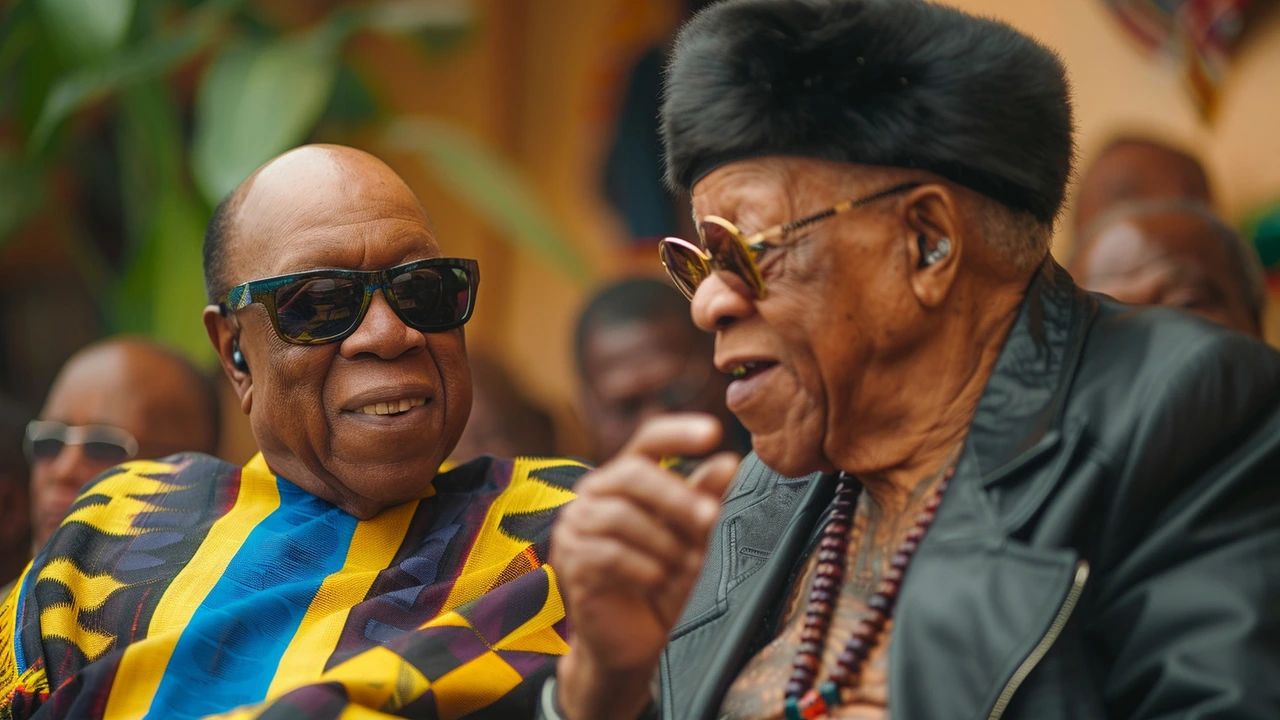Pan-Africanism: Uniting Africa and Its People
Pan-Africanism is more than just a political idea; it’s a movement focused on uniting people of African descent worldwide. The goal is to strengthen ties among African countries and the global African community to promote shared interests. But why does Pan-Africanism matter today? Because it’s about creating opportunities for growth, understanding, and overcoming the challenges Africa faces after decades of colonization and division.
What Pan-Africanism Means for You
At its core, Pan-Africanism pushes for solidarity, which means working together across borders. This can cover economic partnerships, cultural exchanges, or political alliances. Think about how trade agreements among African nations can create jobs and boost economies. Or how sharing rich African cultures can increase tourism and global respect. It’s about turning diversity into strength, not division.
Modern Movements and Effects
Today, Pan-Africanism influences governments, activists, and youths who want a better future. Organizations like the African Union are products of this mindset, aiming to make Africa stronger on the world stage. Even in sports, music, and arts, you see Pan-African ideas bring people together. The movement encourages Africans to celebrate heritage while working toward common goals like education, health, and peace.
If you’re curious about how Africa’s story is still being written, understanding Pan-Africanism gives you a front-row seat. It shows how history, culture, and politics mix to shape a rising continent full of potential and pride.

Stevie Wonder Embraces Pan-Africanism: A New Chapter as a Ghanaian Citizen
Stevie Wonder receives Ghanaian citizenship on his birthday, highlighting Ghana's efforts to connect with the African diaspora. This event marks a significant moment in Ghana's history of fostering relations with African-Americans and champions the potential for youth-focused development projects led by diaspora members.
